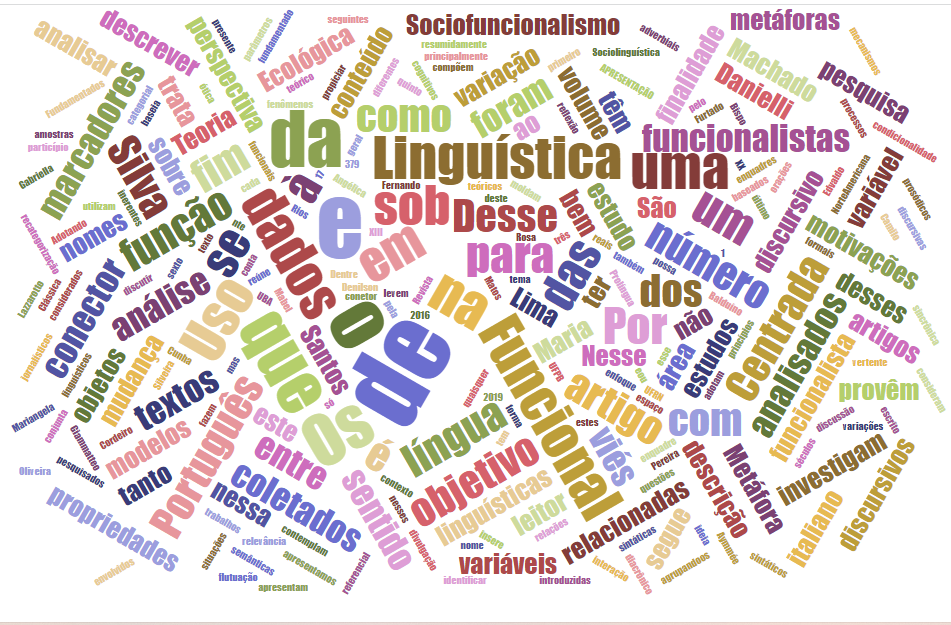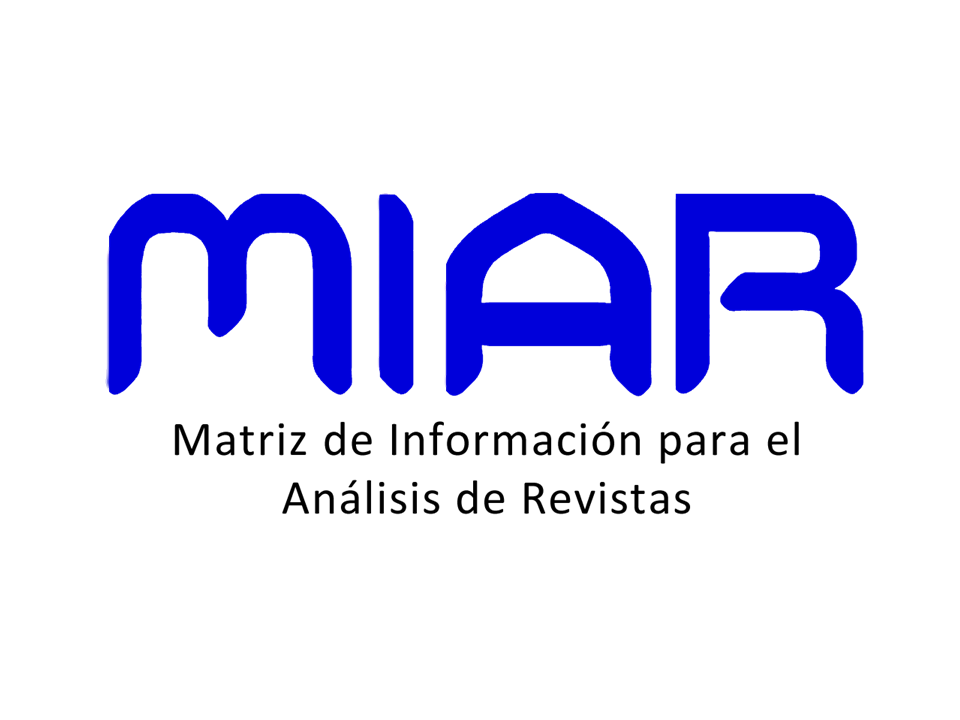SABE? E ENTENDEU? COMO MARCADORES DE BUSCA DE APROVAÇÃO DISCURSIVA: VARIANTES DE UMA MESMA VARIÁVEL?
DOI:
https://doi.org/10.22478/ufpb.1983-9979.2022v17n1.62577Keywords:
Sociofuncionalismo, Gramática Textual-interativa, Variação, Marcador discursivoAbstract
In this paper, we deal with the discourse markers sabe? and entendeu? in the interactional function of seeking discourse approval. Assuming that these discourse markers result from the grammaticalization process of full verbs, our aim is to exemplify how a variable treatment could be given to these markers. The reasoning behind this objective is that when recategorizing sabe? and entendeu? as discourse markers, they compete in coding the same discourse approval-seeking function. The theoretical framework that supports our proposal is Sociofunctionalism, which seeks to combine aspects of the Language Variation and Change Theory (WEINREICH; LABOV; HERZOG, 1968) and the Grammaticalization Theory (HOPPER; TRAUGOTT, 2003; BYBEE, 2016, among others), associated with the assumptions of Textual-Interactive Grammar (JUBRAN; KOCH, 2006). In methodological terms, we analyzed data collected from sociolinguistic interviews from the Iboruna database of the Project “Amostra Linguística do Interior Paulista”, which records speech from the northwest region of the State of São Paulo. In the proposition of the variation envelope, the two markers are considered as variants of the dependent variable seeking discourse approval, and as independent, the linguistic variables marker position in the utterance, and type of text, and social variables sex/gender, age and education. The results allow us to show that the choice of variants maintains close correlations with the textual type and sex/gender variables. Considering our objective and even without taking the variable rule analysis to its ultimate consequences, in the end, we proved that the functional comparability of the discursive markers allows us to treat them as variants of the same variable. From then on, the researcher can narrow the focus of his analyses, giving the phenomenon of discourse markers a focus that is either more variationist or more functionalist.










